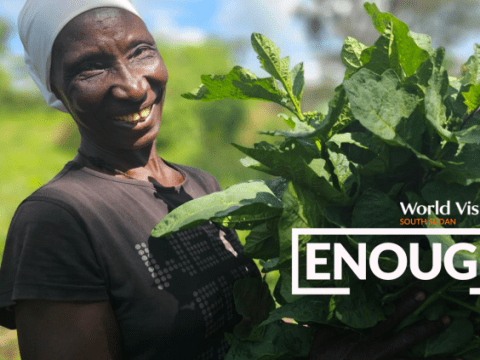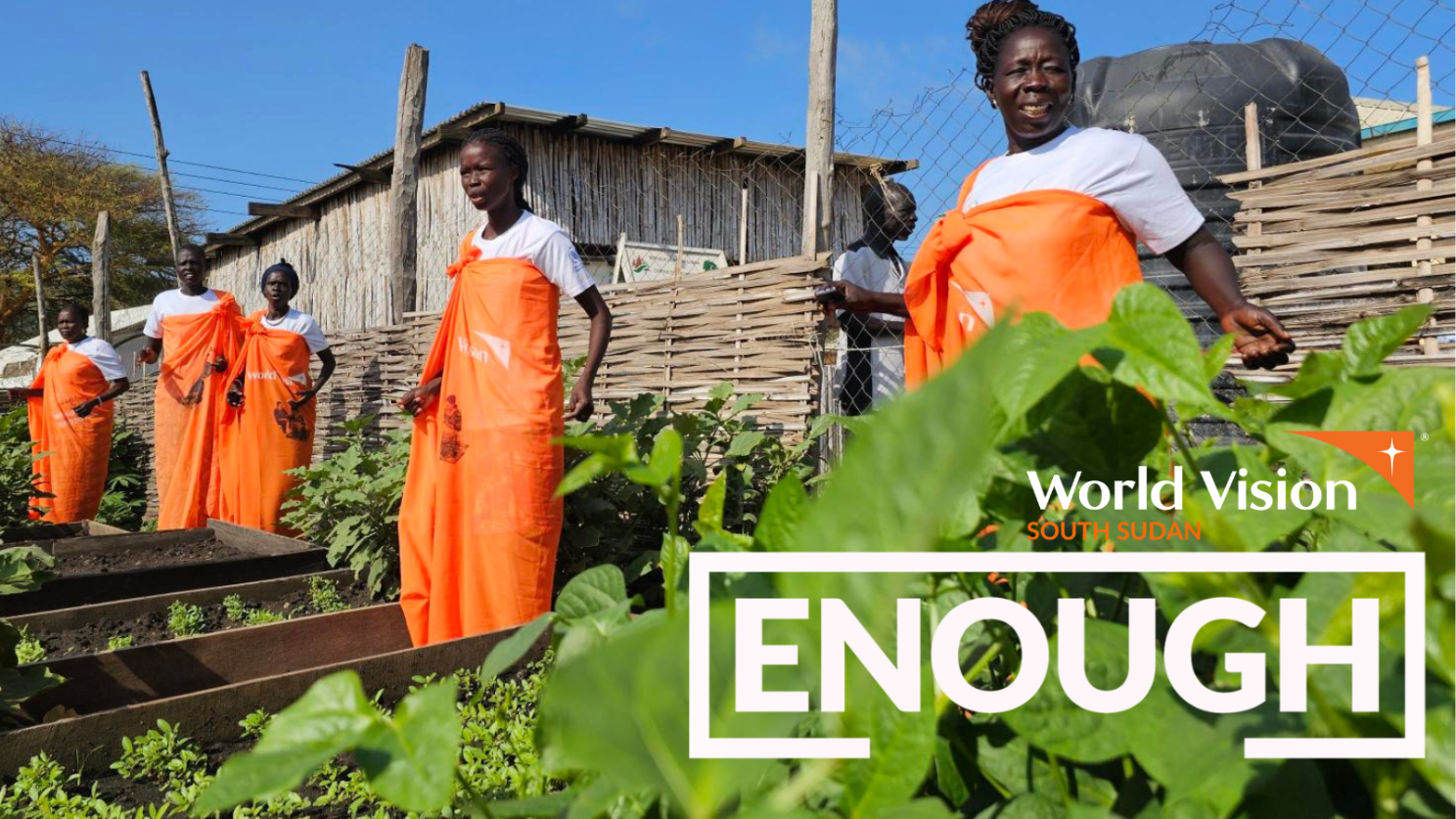Shifting the narrative: Rural women cultivating good for all in South Sudan

Hailu Tolasa Badhane, Chief of Party of the Fortifying Equality and Economic Diversity (FEED) II Project, and Diwa Gacosta, World Vision South Sudan Senior Manager of Advocacy and Communications, put a spotlight on the incredible work South Sudanese women are cultivating good for all -- how they are reversing cultural norms that have disadvantaged them, and boldly shifting the narrative from powerless to becoming empowered women capable to transform their future. They've had enough, and they can do more than enough for the future of the country.
South Sudan is grappling with different social and economic challenges caused by conflicts, violence, climate change, and the arrival of thousands of refugees from Sudan. All these compound the already extraordinary challenges women face here in South Sudan, a country with the highest gender-based violence worldwide and the least education and training opportunities for women.
Yet, we see much hope in women as we've witnessed how empowering them transforms rural communities in South Sudan. Farmers, especially women, could be empowered to end the vicious cycle of child malnutrition, poverty, and gender-based violence in a country where agriculture is central to the economy and livelihood of the communities.
One example is the women and men farmers in a remote village in Nzara, Western Equatoria. Last month, they participated in the post-harvesting and crop storage management training as part of the Fortifying Equality and Economic Diversity (FEED) II Project. They did not only learn about good farming, post-harvesting, and crop storage practices, but more importantly, they became more aware about gender-based violence, and why this needs to stop. Women boldly shared traditional gender roles and norms in their community that perpetuate gender inequality and violence against them and children. As they spoke, men keenly listened and agreed that women play a vital role not only in their families but also in their communities; hence, women and children should be supported and protected. That openness to talk and listen is a good starting point for meaningful change to happen.

Another example is the mothers who are members of the Mother-to-Mother Support Group that World Vision's Juba Urban Nutrition Project supports. Their thriving community vegetable garden had been their source of joy and pride as the garden enabled them to put nutritious food on their table for their children to enjoy while also providing them a steady source of additional income. The mothers also pool the funds they get from selling the vegetables, which they aim to use to expand their vegetable gardens. Promoting healthy nutrition by growing nutritious food has become their mission in their community.
Even with rising inflation rates and climate change challenges becoming increasingly acute, women in rural areas continue to support their community, embodying resilience and courage in the face of adversity.
As we celebrate International Rural Women's Day, we must recognise and honour the contributions of rural South Sudanese women as they are truly heroes within their community, showing resilience and determination in the face of economic hardship. Despite these ladies' seemingly impossible challenges, their firmness comes through, motivating everyone who has the honour of knowing them.
In a land where opportunities are frequently scarce, the rural women of South Sudan embody the true essence of empowerment. They are the architects of their destinies, tirelessly working to provide their families and communities with a brighter future. They gracefully and courageously wear multiple hats, from working under the burning sun to nurturing their families with love and devotion. Theyboldly challenge stereotypes, advance their communities, and illuminate new directions. Their stories give hope its vitality. They illustrate how, despite adversity, we can overcome the most challenging obstacles when we stand united in commitment and solidarity, especially in ending child hunger and malnutrition.
Together, we will keep pushing for a better future for rural women and their communities, where their steadfast spirits and persistence shine as a light of hope.
With the ultimate goal of reducing inequalities between women and men in access to and control over resources to enhance food security in South Sudan, the FEED II project, funded by Global Affairs Canada), has impacted 223,890 individuals, mostly rural women, including children, demonstrating our commitment to supporting the community.